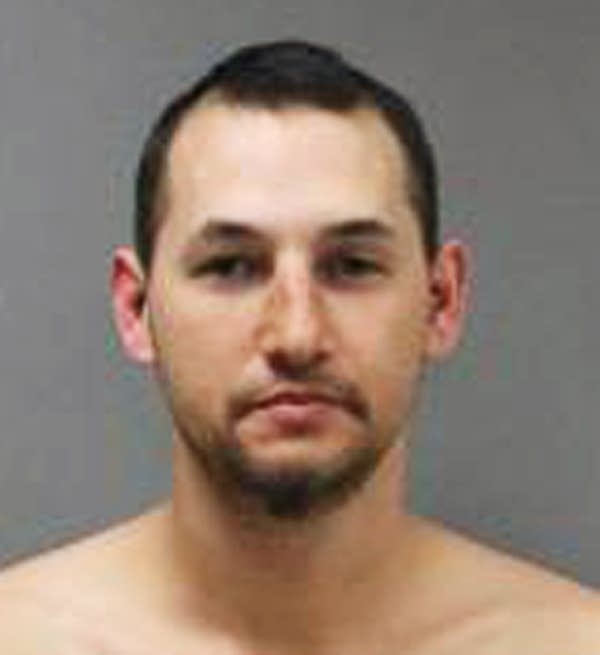Minnesota man pleads guilty in weapons case

Go Deeper.
Create an account or log in to save stories.
Like this?
Thanks for liking this story! We have added it to a list of your favorite stories.
A militia member indicted in what the FBI once characterized as a terror plot to blow up a west-central Minnesota police station pleaded guilty Friday to weapons charges.
Buford Braden Rogers, 25, of Montevideo pleaded guilty in U.S. District Court in Minneapolis to one count of possessing a firearm illegally and one count of possessing an unregistered destructive device, namely "two black powder and nail devices."
Two other counts, including charges related to possessing two Molotov cocktails and a pipe bomb, are expected to be dismissed at sentencing.
Judge Ann Montgomery ordered Rogers to remain in custody until sentencing. The defense wanted Rogers freed pending sentencing, but the government opposed that. A date has not been set.
Turn Up Your Support
MPR News helps you turn down the noise and build shared understanding. Turn up your support for this public resource and keep trusted journalism accessible to all.

Rogers is not charged with terrorism. His attorney said in documents filed this week that authorities publicly cast Rogers as a domestic terrorist at the time of his arrest, when anxiety was high less than three weeks after the deadly Boston Marathon bombings. But in actuality, Assistant Federal Defender Andrew Mohring wrote, the case is simply one of possession.
Terrorism cases can be hard to prove, and prosecutors often charge defendants with more straightforward counts - such as weapons charges - which can still hold lengthy sentences.
Authorities say Rogers and members of his family were part of a tiny anti-government militia called the Black Snake Militia and that Rogers was plotting to blow up the Montevideo police station, raid a National Guard Armory and cut off communications to the city, about 95 miles west of Minneapolis.
At the time of his arrest, FBI officials said they believed they stopped a terrorist attack in its planning stages. They based their information on a witness from Texas who said Rogers' group "was not just an ordinary protest group or militia movement," according to a search warrant affidavit. The witness also indicated Rogers had plans to launch an attack in the near future, the affidavit said.
Mohring has questioned the witness' reliability. Rogers' father, Jeff Rogers, has said the witness was lying.
According to a redacted transcript of a May 3 interview with the FBI, Rogers told agents that even though he had homemade bombs, he was not violent and didn't know of anyone planning an attack. Rogers also expressed anger at dangerous militia groups, whom he called terrorists, and said he was mad at the people who carried out bombings at the Boston Marathon in April and in Oklahoma City in 1995, the transcript said.
He also said he was using the Internet to try to investigate groups he considered to be dangerous, and that he formed his militia to ``do good, not harm people,'' the transcript said.



